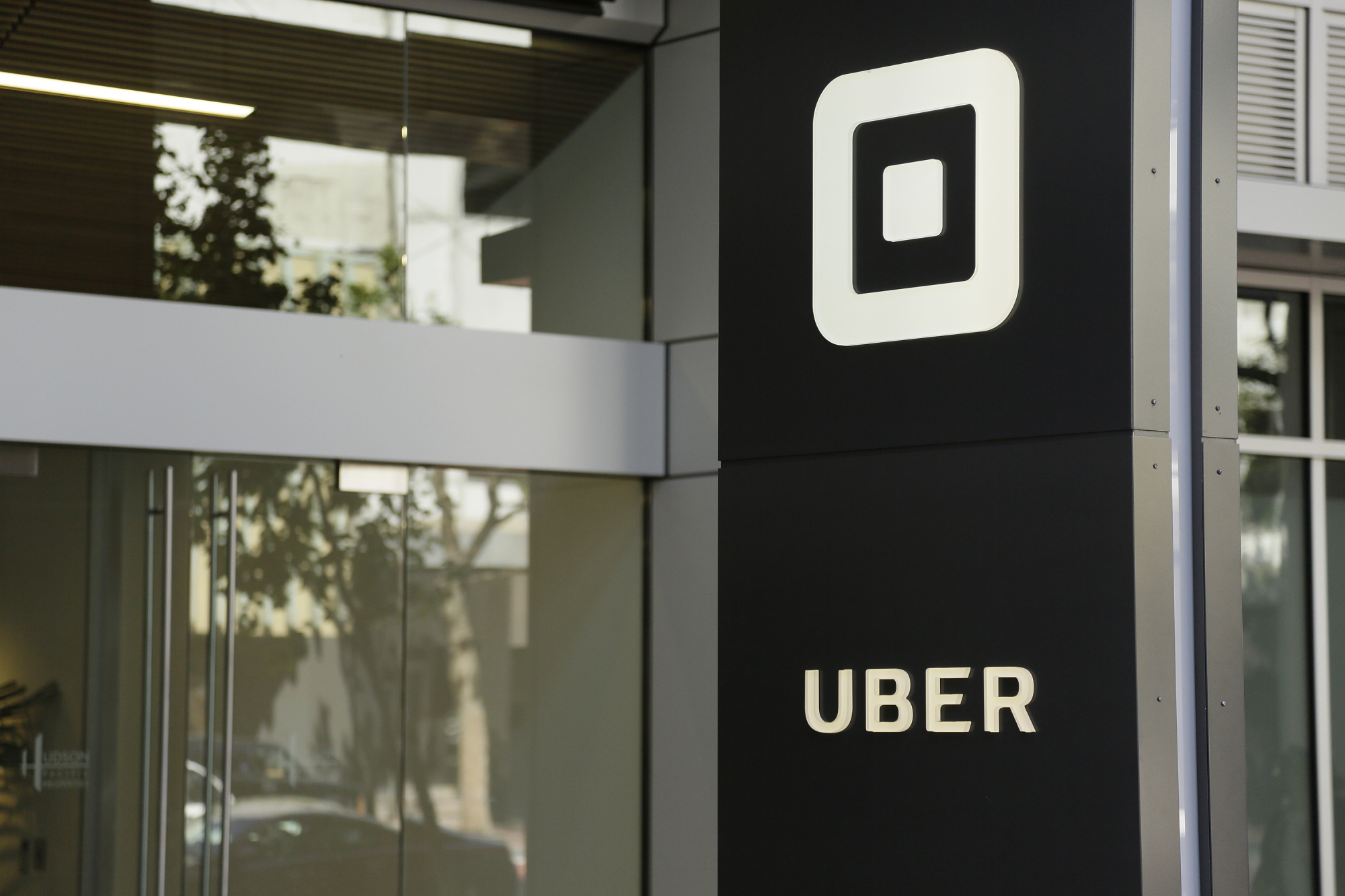The completion of SoftBank Group Corp.'s deal with Uber Technologies Inc. has triggered a slate of governance reforms at the ride-hailing company.
Uber shareholders sold holdings worth about $8 billion (about ¥888 billion) at a discounted price to a group of investors led by SoftBank, making the Japanese conglomerate the largest shareholder. SoftBank also invested $1.25 billion directly into Uber at a valuation of about $70 billion, its value in 2016. The blended valuation is about $54 billion, said a person familiar with the matter.
The deal puts into effect changes to the company's board and stock that were contingent on the transaction going through. Uber will create additional board seats, expanding the total to 17 — significantly larger than most companies. SoftBank intends to name one of its executives, Rajeev Misra, as well as Sprint Corp. Chief Executive Officer Marcelo Claure to the board, said the source, who asked not to be identified because the plans are private. Four other seats, including a board chair, will also need to be filled.
"Uber has a very bright future under its new leadership," Misra said in a statement, citing the "professionalism" of the board and management team in helping close the deal.
The reforms eliminate super-voting stock rights held by early employees and backers. Those include co-founder Travis Kalanick and venture capital firm Benchmark, who also plan to end a legal entanglement following the deal's passage.
The SoftBank investment is a victory for Uber's new CEO, Dara Khosrowshahi, who took over in September. The negotiations over the deal proved tense. At one point, SoftBank CEO Masayoshi Son publicly proposed investing in Uber's U.S. competitor, Lyft Inc., if talks fell through.
Dragoneer Investment Group and a consortium of other investors participated in the round with SoftBank.




















With your current subscription plan you can comment on stories. However, before writing your first comment, please create a display name in the Profile section of your subscriber account page.